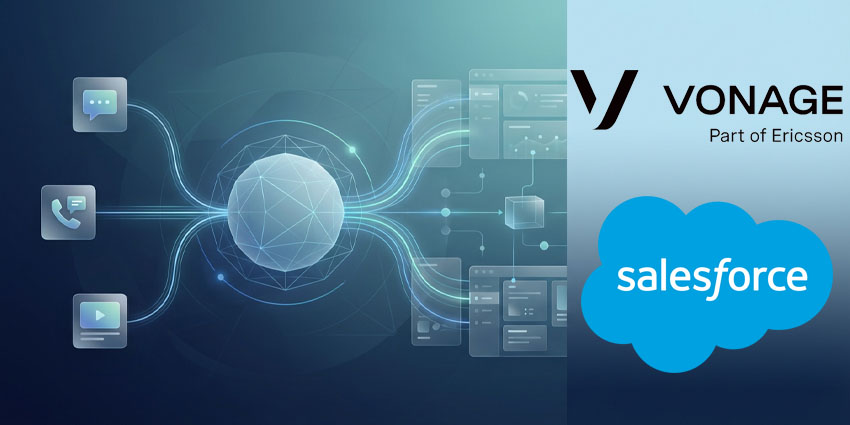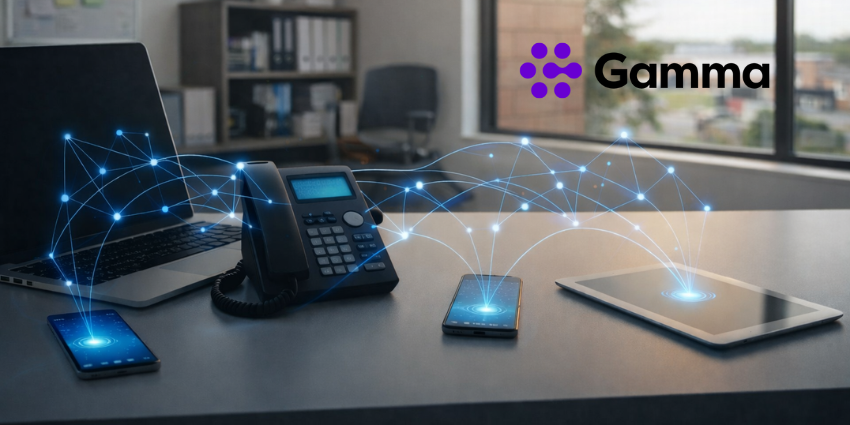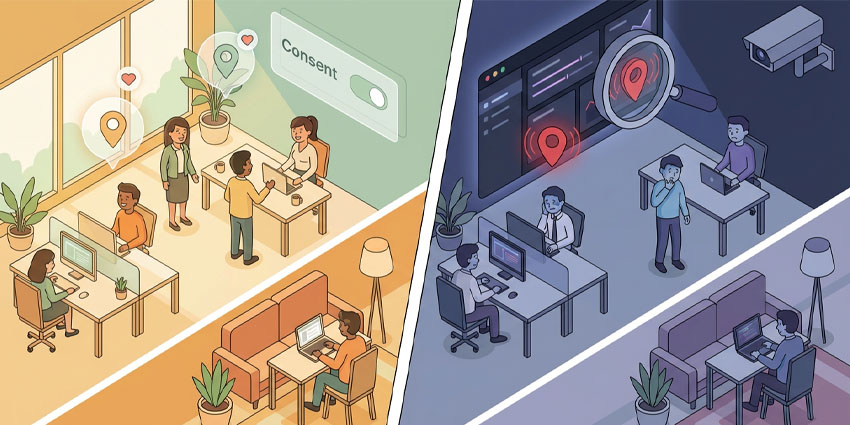Google is delaying the launch of its flagship large language model (LLM) and GPT-4 competitor Gemini.
As first reported by The Information, Google representatives had told some of the tech giant’s cloud customers and partners that the AI model shouldn’t be expected until Q1 of 2024.
The Information’s report noted that a factor in the delay was the uncertainty of whether Gemini could equal or surpass OpenAI’s most advanced LLM in GPT-4. Given much of the publicity around Gemini were the claims that it would be superior to the Microsoft-funded GPT-4, that standard possibly not being met suggested Google wanted more time to refine the product.
The Information’s sources stated that Gemini’s delay was also predicated on wanting to strengthen its consumer offerings with the new AI-powered technology before granting external software developers access to it.
Google had initially planned to release Gemini by December. Only two months ago, the business had reportedly provided a small group of companies access to Gemini, suggesting it was on schedule to meet its release date with reported plans to make Gemini available to organisations through its Google Cloud Vertex AI platform.
According to the report, Google is approaching Gemini’s release with caution, including around using Gemini in Bard, its answer to ChatGPT and a less sophisticated LLM than Gemini. Bard made a factual error in a demo earlier this year, and the report suggests that error still concerns workers involved with the project.
What is Gemini?
Billed as Google’s flagship AI, the company has previously claimed that Gemini has five times greater computational power than GPT-4. Google is explicitly presenting Gemini as a direct competitor to OpenAI’s ChatGPT-4 and is trained on Google’s advanced TPUv5 chips, which can work with 16,384 chips simultaneously.
Gemini can work chatbots, summarise text or create original text based on what users like to read, including email drafts or news stories. It also aims to help software developers write code.
While Google’s claim that Gemini’s computational power dwarfs GPT-4’s remains unsubstantiated for now, and this delay brings its veracity further into the spotlight, the product has several confirmed differentiators.
Gemini was designed with multimodal processing in mind. This means it can process both images and text, and it has been put forward that it will be able to produce context-sensitive images and texts in answer to prompts.
Another key differentiator is Google’s availability of proprietary training data. Gemini can be trained across Google and Alphabet’s expansive portfolio of services and products, including YouTube, Google Search, Google Books and Google Scholar. This volume of proprietary data could hand it an edge over ChatGPT-4 as it will make its answers more accurate and better-informed.
That wealth of training data, compounded by the (claimed) computational power that would dramatically speed up response times and introduce the benefit of visualised answers, could position Gemini as a market leader upon release — if it lives up to its hype.
CEO Sundar Pichai was asked about Gemini during Alphabet’s recent third-quarter earnings call, in which Google Cloud fell behind in revenue estimates despite its extensive AI investments, and said:
On Gemini, obviously, it’s effort from our combined Google DeepMind team. I’m very excited at the progress there and as we’re working through getting the model ready. To me, more importantly, we are just really laying the foundation of what I think of as the next generation series of models we’ll be launching throughout 2024.”
Google and its Other AIs
Since Microsoft backed OpenAI’s launch of ChatGPT last year, Google became aware of the market demand to invest further in generative AI to keep up with its rival’s pace.
August saw Duet AI for Google Workspace launch in general availability, the company’s new generative AI-powered productivity tool.
Duet AI aims to streamline workflows by providing meeting assistance, document and conversation summaries, a chatbot for Google Chat, and customised suggestions for Gmail responses.
“With the introduction of Duet AI, we added AI as a real-time collaborator,” said Aparna Pappu, GM and Vice President at Google Workspace. “Since its launch, thousands of companies and more than a million trusted testers have used Duet AI as a powerful collaboration partner that can act as a coach, source of inspiration, and productivity booster — all while ensuring every user and organisation has control over their data.”
Duet AI for Google Workspace is priced at $30 per month per person.
Meanwhile, Google Bard opened access in March. Google’s announcement described Bard’s LLM as a predictive engine that creates responses to prompts by choosing the words most likely to be used in conversation, effectively a more advanced version of Gmail suggesting email replies or Google Docs suggesting ways to end a sentence, a feature set comparable to Duet AI’s offering in Google Workspace.
Last month, Google invested $2 billion in generative AI startup Anthropic to maintain the pace of AI innovation with its competitor tech giants.







